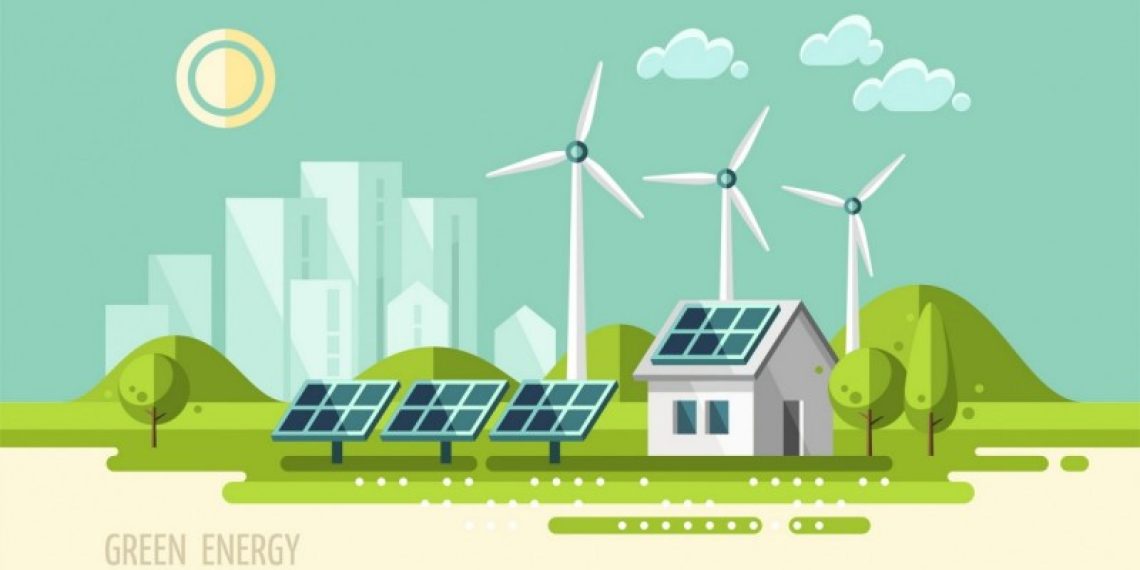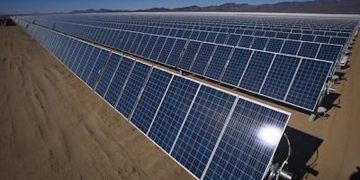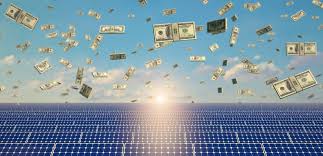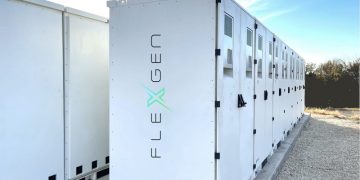SPI brings in Daniel Copple from Leyline Renewable Capital to inform the network about energy storage and key trends behind the U.S. growth and what to expect moving forward.
2019 was a record-breaking year for energy storage. In fact, in the final quarter of the year, a
total of 364.2 MWh of storage was deployed in the U.S. market. The technology is projected to
result in grid operational cost savings of $755 million in 2020. It’s clear that storage is no longer
coming; it has arrived and is here to stay. Not only is storage a cost-effective way to a cleaner,
more renewable grid; it’s become an essential component of developing a disruption-proof
grid.
We identified five trends that are driving this explosive growth in storage:
1. Increased financing appetite for merchant revenue streams.
As investors’ understanding of storage and the need for it has grown, so has their willingness to invest without long-term contracted revenue. The energy sector’s shift to renewables means that we’re relying more and more on intermittent resources like wind and solar. That means that storage can play a critical role in smoothing out volatile energy pricing and become increasingly valuable to the grid. Sophisticated investors are increasingly comfortable that this environment will allow storage to provide good returns on their capital, even without the relative certainty of a long-term revenue contract.
2. Pricing for batteries continues to fall.
As storage manufacturing scales up, demand grows and technology improves, the price of batteries has steadily fallen in recent years. In fact, Lazard’s November 2019 analysis found that the levelized cost of storage had decreased nearly 15 percent in the last year. As the industry continues to identify efficiencies in manufacturing and the supply chain, we can expect this trend to persist.
3. Warranty and augmentation packages are getting cheaper and more standardized.
Warranty and augmentation packages provide investors in storage with confidence and peace of mind. Over the last few years, our intelligence has grown about the lifespan of a battery and the probability of its failure, and that’s made a significant difference in the cost of 15-year service contracts. This significantly reduces operating cost uncertainty.

4. New state mandates for energy storage.
States are recognizing the myriad benefits of increasing storage capacity and the critical role storage plays in supporting the growing renewable energy sector. In the last year, multiple states have implemented policies, including tax incentives, tax credits, integrated resource planning and storage goals to propel growth in storage and modernize their grids. California, New York and Virginia have all set ambitious targets for storage capacity, and several other states have set goals as well. It’s clear that the leadership and vision of these states will play an important role in the growth of storage and renewable energy.
5. The rise of sophisticated performance and forecasting models.
Developers and investors want to ensure that their storage asset maximizes every dollar it can. They now have the benefit of increasingly sophisticated performance and forecasting models, which help inform precisely when batteries should be charging and discharging in concert with market prices, bid strategies and operational requirements. These models have become absolutely essential to financing a successful storage project in 2020.
The storage industry has matured rapidly in recent years and has demonstrated the viability of its model and its ability to help create the clean, disruption-proof grid America needs. Leyline Capital has long recognized the potential of this growing sector and has invested development stage capital in projects from Texas to Vermont. By equipping energy storage developers with vital resources at this key stage, Leyline enables them to secure the permits, engineering and interconnection studies they need to accelerate their projects; begin construction; and make progress in combating climate change.
Daniel Copple is the Director of Technical Services at Leyline Renewable Capital, which provides development-stage capital to renewable energy projects nationwide. He has more than a decade of experience in renewable energy, with expertise in technical and feasibility analyses, due diligence, and risk assessment.
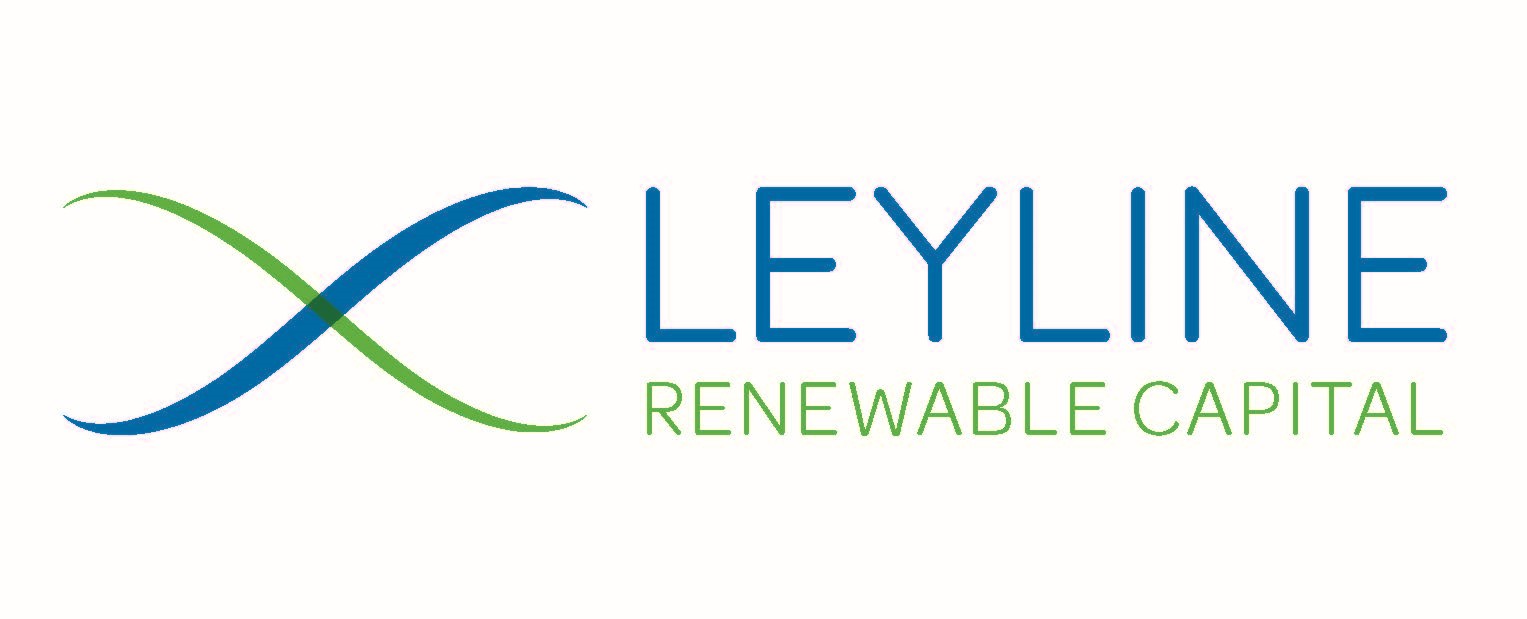

.


